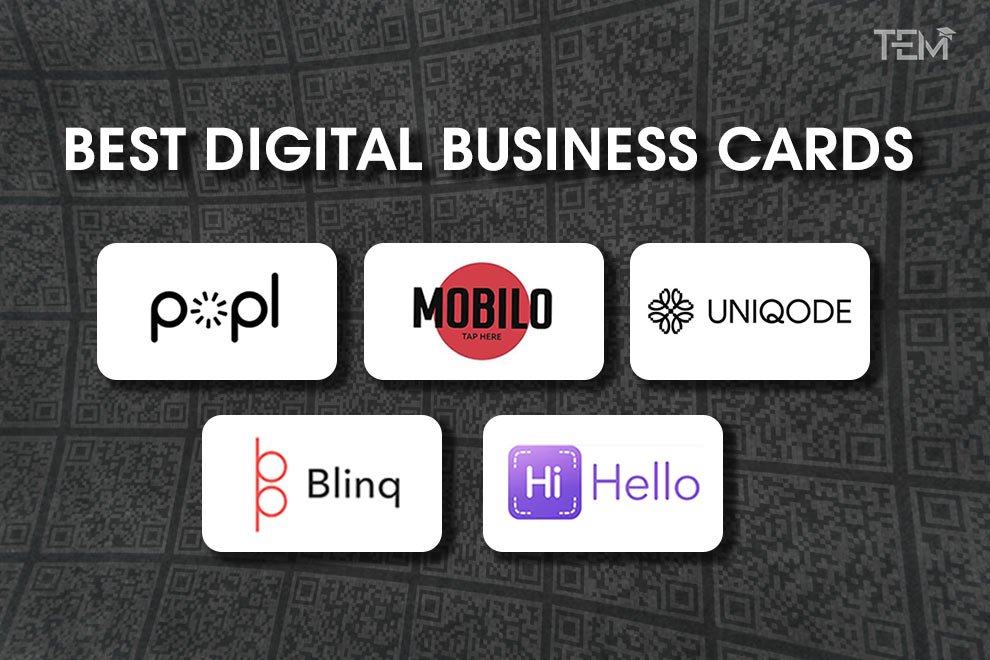Technology has woven into the fabric of our daily lives. Smartphones, laptops, and a plethora of other devices are no longer luxuries; they’re necessities. From communication to commerce and even education, the digital age has transformed the way we interact with the world around us.
In light of this digital revolution, the importance of understanding the fundamentals of how these technologies work cannot be overstated. Learning to code is increasingly becoming a valuable skill, just like reading, writing, and arithmetic. While most people use technology, only a fraction understand the language that makes it work, often leaving this to experts or even research paper writing service for students when academic work calls for it.

The Digital Revolution and Why Coding Matters
We live in an era where digital technology impacts almost every aspect of our existence. From the smart thermostats that control the temperature in our homes to the complex algorithms that deliver personalized content to our social media feeds, software rules the world. This explosion of technology has been termed the Digital Revolution, and it shows no signs of slowing down.
Understanding the basics of how this digital machinery operates—through coding—can offer us not only a greater appreciation of the world we live in but also a more proactive role in shaping it. Coding is often referred to as the “literacy of the 21st century,” a skill that provides us with the tools to interact intelligently with the digital universe. Just as traditional literacy opened doors to understanding and communication, coding does the same in this digitally driven landscape.
Coding Enhances Problem-Solving Skills
One of the most compelling reasons for students to learn basic coding skills is the enhancement of problem-solving abilities. Coding is fundamentally about breaking down complex tasks into smaller, manageable problems and solving them in an efficient manner. This practice sharpens logical reasoning and promotes analytical thinking.
For example, if a student is tasked with developing a simple game like Tic-Tac-Toe, they would need to think about the rules, the conditions for winning, and how to allow player input. Coding this game would require the student to use logic to set up these conditions and rules, thus exercising their problem-solving muscles.
Coding also encourages a mindset of experimentation. When a piece of code doesn’t work as expected, students must identify the issue and iterate on their solutions. This cycle of trial and error fosters resilience and teaches the valuable skill of learning from failure—skills that are applicable in both academic settings and life in general.
By learning to code, students are not just gaining a technical skill; they are also acquiring a new way to approach problems logically and systematically. This is a valuable skill set that will serve them well in any career path they choose to follow.
Coding Offers Career Advantages
In the job market, possessing coding skills is a significant asset, even if you’re not aiming for a strictly technical role. While the obvious beneficiaries are those seeking careers in software development, data science, or systems engineering, basic coding skills can also elevate your profile in other fields.
For example, marketers can benefit from understanding how websites are built and customized, allowing for more nuanced and effective online campaigns. Journalists may find that data scraping skills can significantly expand their research capabilities. Even careers in the healthcare sector, such as medical research or health informatics, often require some understanding of data analysis software that is code-based.
Furthermore, as automation and artificial intelligence continue to transform various industries, roles that traditionally didn’t require coding are evolving. Human Resource departments now use algorithmic systems for recruitment, and even sectors like agriculture are employing technology for tasks like crop analytics. The more you understand how these algorithms and systems are built, the more employable you become.
Coding as a Tool for Creativity
Contrary to the stereotype that coding is a dry, mathematical skill reserved for the tech-savvy elite, it is also a tool for creativity. Learning to code can open up unprecedented avenues for creative expression and innovation, enabling you to turn abstract ideas into tangible projects.
Artists and designers, for instance, can use coding to create interactive digital artwork or to generate complex visual patterns. Writers can go beyond traditional formats to experiment with interactive storytelling, where reader choices affect the outcome. Even musicians have employed code to generate new types of music or to create software that supports their compositions.
With the growing integration of technology in nearly every field, understanding the basics of coding has never been more valuable. Whether it’s to enhance your career prospects or to unleash your creative potential, learning to code is an investment in your future.
Coding Helps in Understanding the World
Another facet of coding that often goes overlooked is its capacity to deepen our understanding of the world around us. In today’s data-driven society, algorithms and computational models are used in diverse fields such as epidemiology, climate science, and social studies. A basic grasp of coding helps you better understand the complex systems that govern our world.
This understanding is not just abstract; it can have practical applications in your daily life. For instance, understanding how algorithms work can make you a more informed citizen, able to discern how data collection may influence public opinion or how machine learning impacts law enforcement. Moreover, this awareness can dispel the intimidating aura often surrounding coding, revealing it not as a tool exclusively for tech gurus but as a crucial aspect of contemporary literacy.
How to Start Learning Coding
If the arguments above have convinced you of the importance of learning to code, you may wonder how to get started. Fortunately, the resources available today are both plentiful and accessible. Numerous online platforms offer coding courses that range from beginner to advanced levels, many of which are free. Languages like Python and Scratch are often recommended for beginners due to their simplicity and user-friendly syntax.
Committing to consistent practice is key to learning how to code effectively. Even dedicating just a couple of hours a week can yield significant progress. Joining online coding communities can also provide the encouragement and support you need, allowing you to collaborate on projects and learn best practices from more experienced coders.
Final Thoughts
In an age when even the best paper writing services are integrating complex algorithms to improve their offerings, the value of learning to code extends far beyond the tech industry. Understanding the basics of coding is not merely a vocational skill but a form of modern literacy that enhances your cognitive abilities, enriches your career prospects, and empowers you to understand and contribute to the world in new ways.
As we’ve seen, coding offers multifaceted benefits that are becoming increasingly indispensable in today’s digital age. Regardless of your major or career aspirations, understanding the basics of coding will arm you with a skill set that is both versatile and future-proof. It’s a language that the world speaks more and more each day and one that can open doors to opportunities you may not have even envisioned.
ALSO READ: Why you should teach coding to children










